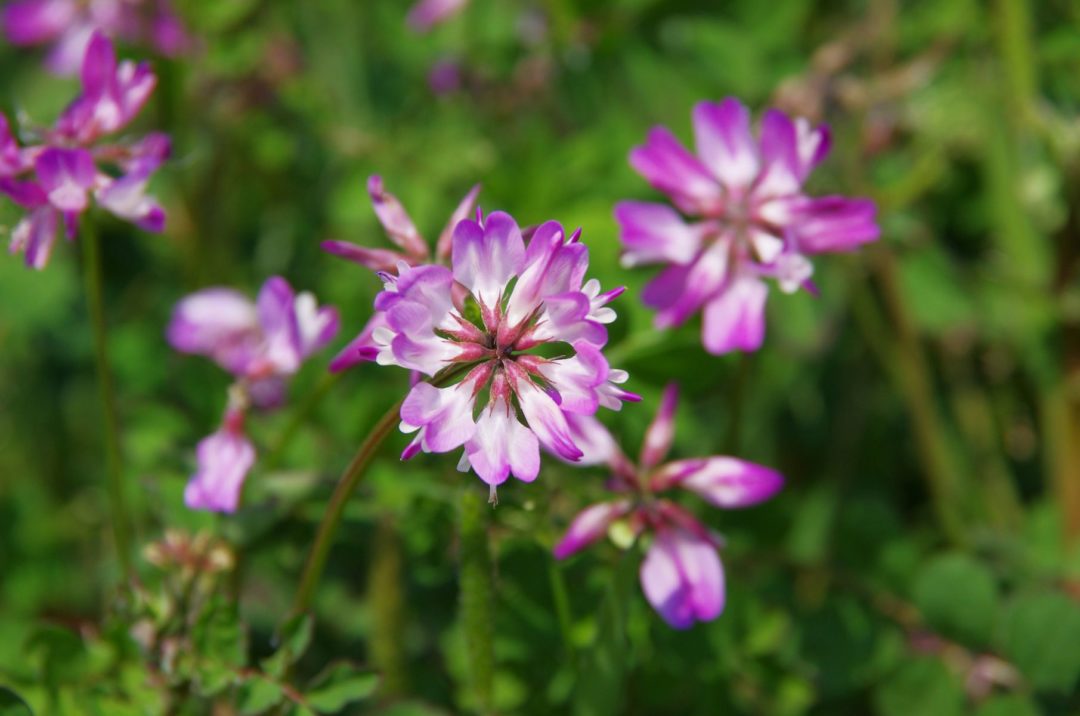Astragalus has been used in Traditional Chinese Medicine (TCM) for centuries as an effective adaptogen. It is also known as Huang qi, which means “yellow leader,” primarily because the Astragalus root is yellow. Today most of us identify it with the Astragalus name, but no matter which name you know it by, it is considered one of the most important herbs used in TCM.
Like many of the herbs we learn about, there are many different species of this plant—upwards of a few thousand, althoughAstragalus membranaceusandAstragalus mongholicusare the most commonly utilized. Astragalus is native to Northern and Eastern areas of China, but it has also been found in areas of Mongolia. The root of the plant is harvested at around four years of age, and is the only part of the plant used for medicinal benefits.
The herb is said to support immune function by helping us make more supportive and defensive immune cells. Although there are very limited studies, and little evidence available on Astragalus as an anti-viral, it is still recommended frequently as a good choice for its safe anti-viral benefits for the body.
Astragalus is prized for its adaptogenic benefits, helping us deal with stress effectively and safely.
Astragalus is also commonly used to keep inflammatory levels in balance by calming the inflammatory response.
Astragalus membranaceus, a key component of many Chinese herbal anti-diabetic formulas, has been an important prospect for lead anti-diabetic compounds. It has been progressively studied for its anti-diabetic properties. Ethnopharmacological studies have established its potential to alleviate diabetes mellitus (1).
Astragalus may be safe when used orally and appropriately. Doses up to 60 grams daily for up to 4 months have been used without reported adverse effects (2). Although generally safe, those on other medications should be sure to consult a medical practitioner. Also, little is known about whether it’s safe to use Astragalus during pregnancy or while breastfeeding, although there is research in animals suggesting that Astragalus can be toxic to the mother and fetus. One should always consult a medical practitioner for suggestions for using it. Astragalus is not often used by children, so once again people should always consult with a Pediatrician before using it with children.
References
(1)Recent Advances in Astragalus membranaceus Anti-Diabetic Research: Pharmacological Effects of Its Phytochemical Constituents https://www.ncbi.nlm.nih.gov/pmc/articles/PMC3855992/ Evid Based Complement Alternat Med. 2013; 2013: 654643. Published online 2013 Nov 17. doi: 10.1155/2013/654643
(2) National Center for Complementary and Integrative Health https://www.nccih.nih.gov/health/astragalus

NY Age-Restriction Law Takes Effect
April 22, 2024









